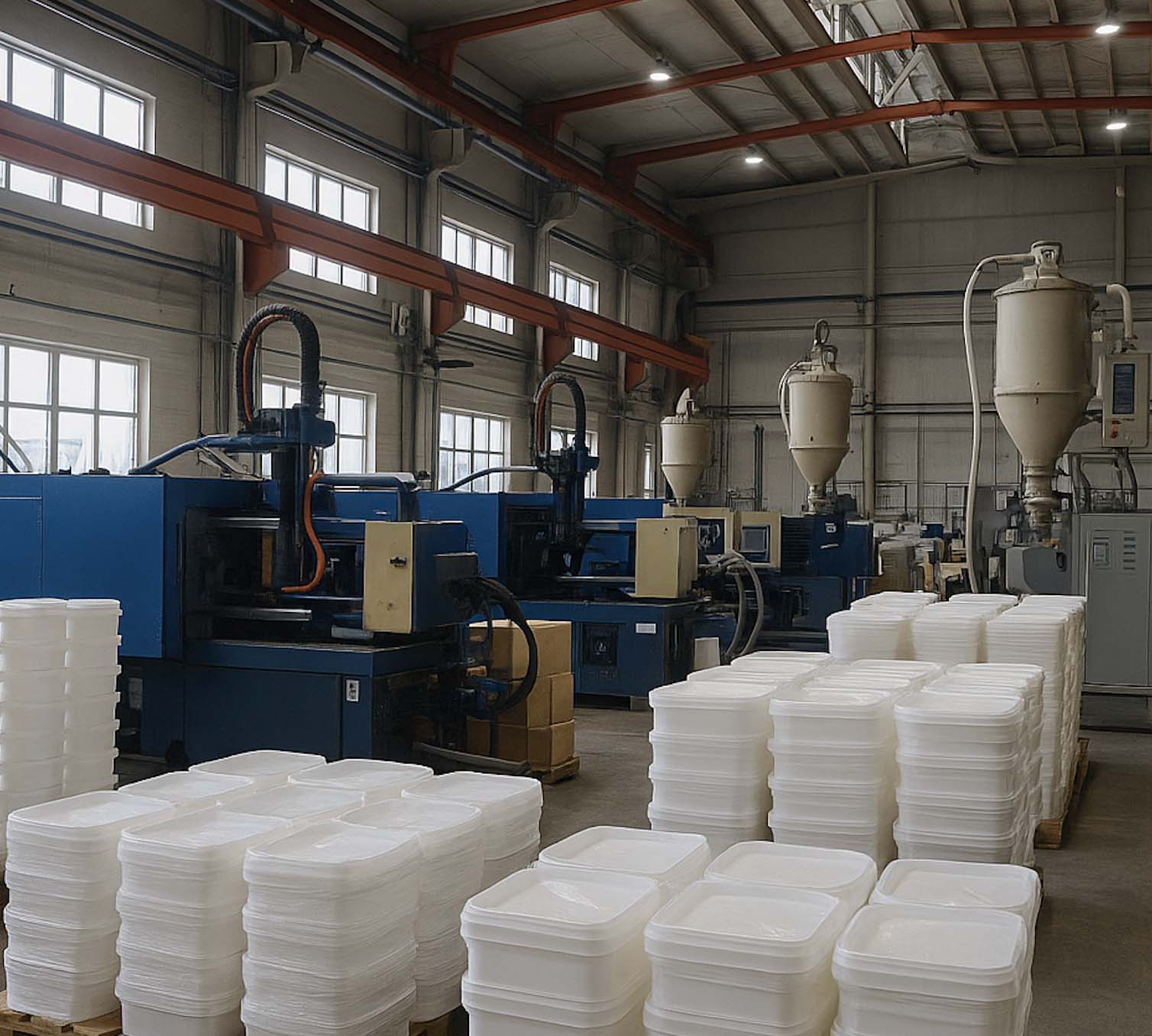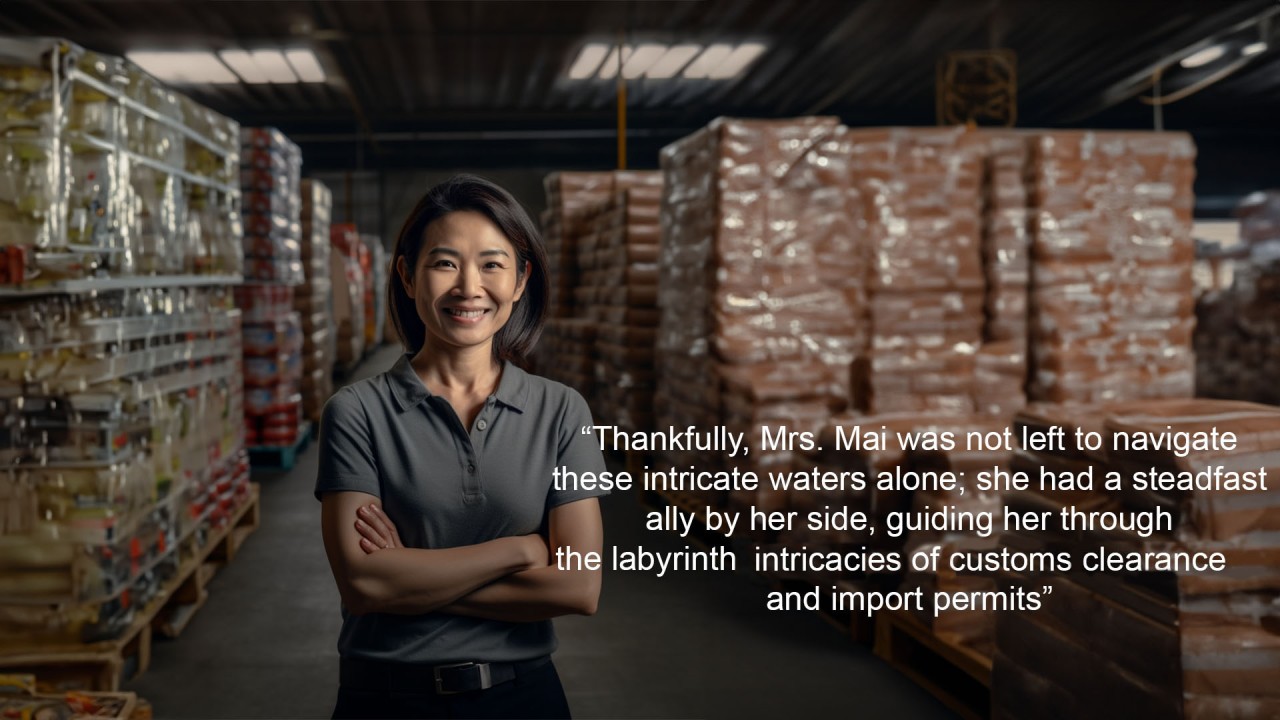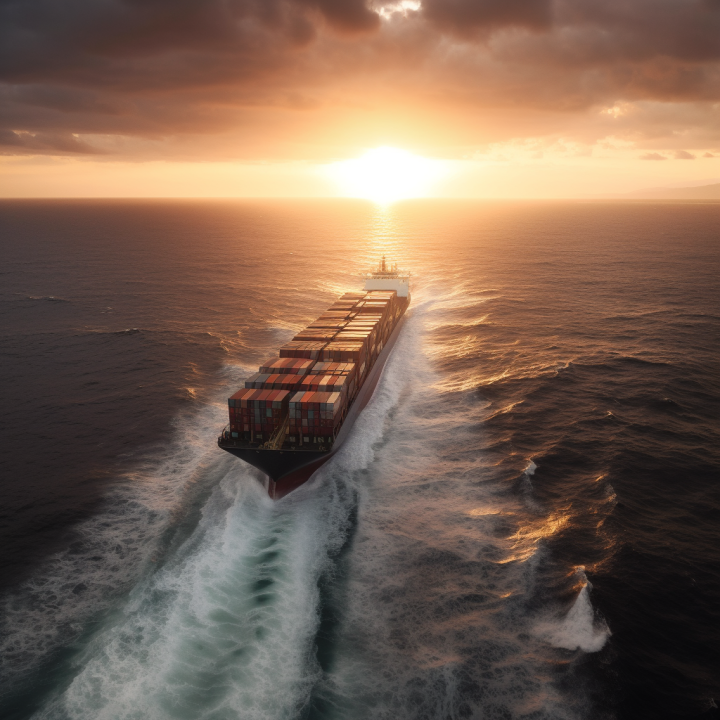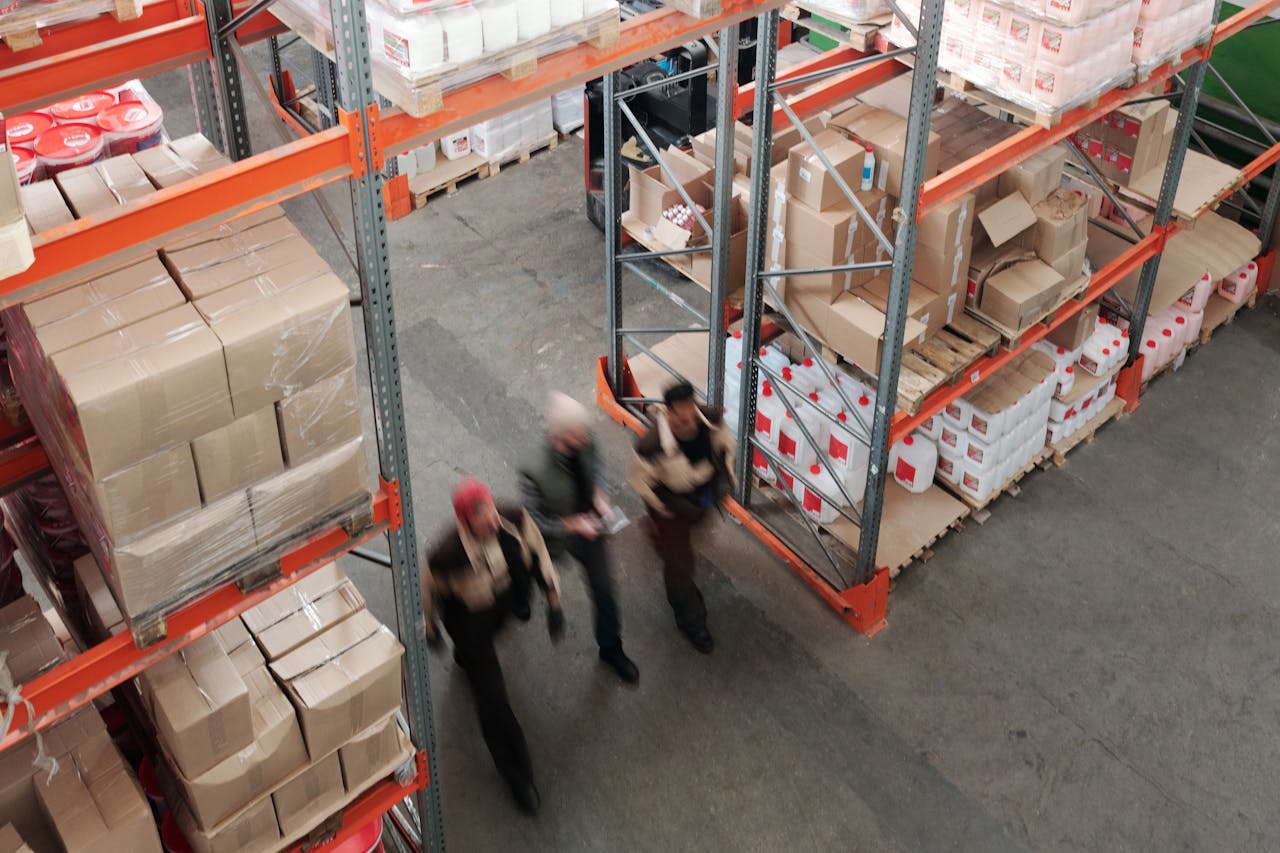
Customs Suspends Safeguard Duty on HDPE Imports – A Turning Point for Philippine Trade
The Bureau of Customs (BOC) has formally suspended the safeguard duty on high-density polyethylene (HDPE) imports, effective September 6, 2025, under MISTG Memo No. 12-2025 dated September 5. The official memorandum is available here: BOC Memo No. 12-2025 PDF.
Why this matters
This policy change was made in line with Customs Memorandum Circular No. 162-2025, which implemented Department Administrative Order (DAO) No. 25-08 of the Department of Trade and Industry (DTI). The DTI order temporarily suspended safeguard measures to prevent supply shortages of HDPE in the Philippine market.
The suspension comes at a critical moment: JG Summit Olefins Corporation (JGSOC)—the country’s only domestic producer of HDPE—has indefinitely halted operations. Earlier this year, JGSOC informed the DTI that it would rely on remaining inventories until roughly the third quarter of 2025. Without active local production, the safeguard duty no longer serves its original protective purpose.
A look back
The safeguard measure was first imposed in 2023 under DAO 22-13, based on the Tariff Commission’s investigation which found that surging HDPE imports were causing “serious injury” to the domestic industry. At the time, the tariff was meant to shield local producers from foreign competition, with the expectation of a three-year duration.
The Commission noted that imports had sharply increased in 2021, creating significant risks for the Philippine HDPE market. The safeguard duty was intended to slow that surge and give local players breathing room. But with JGSOC’s closure, the original rationale for protection has effectively disappeared.
What changes now
The lifting of the safeguard duty signals a new phase for industries that depend heavily on HDPE—packaging, construction, automotive parts, and consumer goods manufacturing. Importers can now expect lower landed costs and potentially steadier access to raw materials, particularly as regional suppliers like Malaysia, Thailand, and Singapore redirect exports to the Philippines.
However, the suspension is not permanent. The safeguard measure remains in place “for the duration of the original period or until JGSOC resumes operations, whichever comes earlier.” This means any restart of domestic HDPE production could trigger a policy reversal.
The bigger picture
This development highlights a recurring challenge in Philippine trade policy: how to balance protection of local industry with the practical needs of supply stability. When domestic producers are offline, protectionist measures may unintentionally harm downstream industries. On the other hand, once local capacity returns, protective measures may again be deemed necessary.
For businesses, this underscores the importance of closely monitoring regulatory changes. Customs rules, safeguard duties, and DTI orders can redefine costs and supply chains almost overnight.

Mrs. Mai's Inspiring Journey: From Local Grocer to Versatile Businesswoman
In the heart of a serene province, there resided a determined businesswoman known as Mrs. …

Optimizing Trade: Developing Full Container Load Solutions for Sea Freight in the Philippines
Containerized shipping has a rich history in the Philippines, dating back to the late 1960s …

A cargo as small as one kilo can change your business.
Cardo cardo has recently been retrenched from work when the company he has been with for …